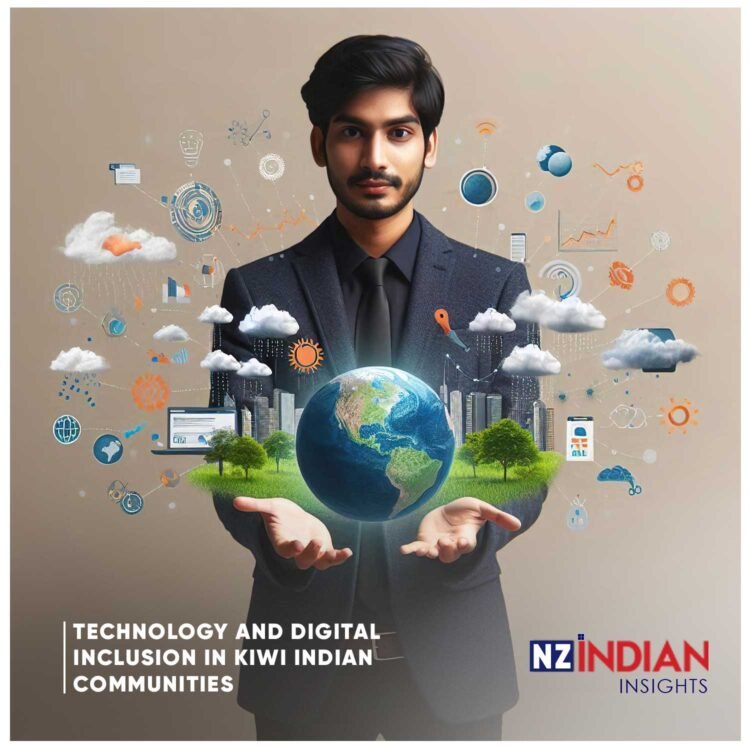Technology has reshaped the way we connect, learn, work, and celebrate culture. For Kiwi Indians, digital tools are more than conveniences—they are lifelines that maintain family bonds, foster business growth, and support cultural continuity.
Key benefits of technology for Kiwi Indian communities include:
- Cultural connection: Video calls and social media enable families to celebrate festivals, share rituals, and participate in ceremonies even from different cities or countries.
- Education: Online resources help children and adults learn traditional languages, arts, and cultural history.
- Business and networking: Digital platforms provide opportunities for entrepreneurship, market expansion, and professional networking across New Zealand and beyond.
- Information access: Reliable and instant access to news, government services, and community updates helps families make informed decisions.
However, challenges persist:
- Older generations may struggle with digital literacy or feel excluded from online community spaces.
- Understanding online etiquette, privacy, and communication norms can be difficult without guidance.
- Some households may lack access to high-speed internet or modern devices, creating a digital divide.
Digital inclusion goes beyond technical ability:
- It involves adapting cultural practices to online formats, such as virtual pujas, cooking classes, and storytelling sessions.
- Families play a critical role, with younger members teaching elders how to navigate apps, online payments, and virtual communication.
- Community programs, workshops, and initiatives provide structured support to expand digital skills and confidence.
The impact of embracing technology:
- Strengthens cultural continuity by making heritage accessible and engaging for younger generations.
- Empowers entrepreneurs and small business owners to reach wider markets.
- Connects families across distances, preserving social cohesion and shared experiences.
- Encourages innovative approaches to cultural preservation, blending tradition with modern tools.
Fact highlights:
- Over 90% of New Zealand households have internet access, creating opportunities for digital inclusion.
- Social media usage among Indian diaspora communities is rising, facilitating cultural networking and knowledge sharing.
- Online learning platforms are increasingly used to teach Indian languages, arts, and traditional skills to children abroad.
Digital inclusion is not just about using devices—it is about strengthening community, bridging generations, and keeping heritage alive in a rapidly changing world. By embracing technology thoughtfully, Kiwi Indian communities can thrive without losing their cultural identity.How does your family or community engage with technology?
Share your experience here: submit your opinion.
FAQs:
Technology enables families to celebrate festivals, share rituals, and participate in ceremonies via video calls, social media, and messaging platforms, even across cities and countries.
Online resources help children and adults learn Indian languages, arts, and cultural history, ensuring that traditions are passed down to younger generations.
Digital platforms facilitate networking, market expansion, e-commerce, and professional opportunities, helping small business owners grow locally and globally.
Some older generations may struggle with digital literacy, households may lack high-speed internet or devices, and understanding online etiquette and privacy can be difficult without guidance.

















